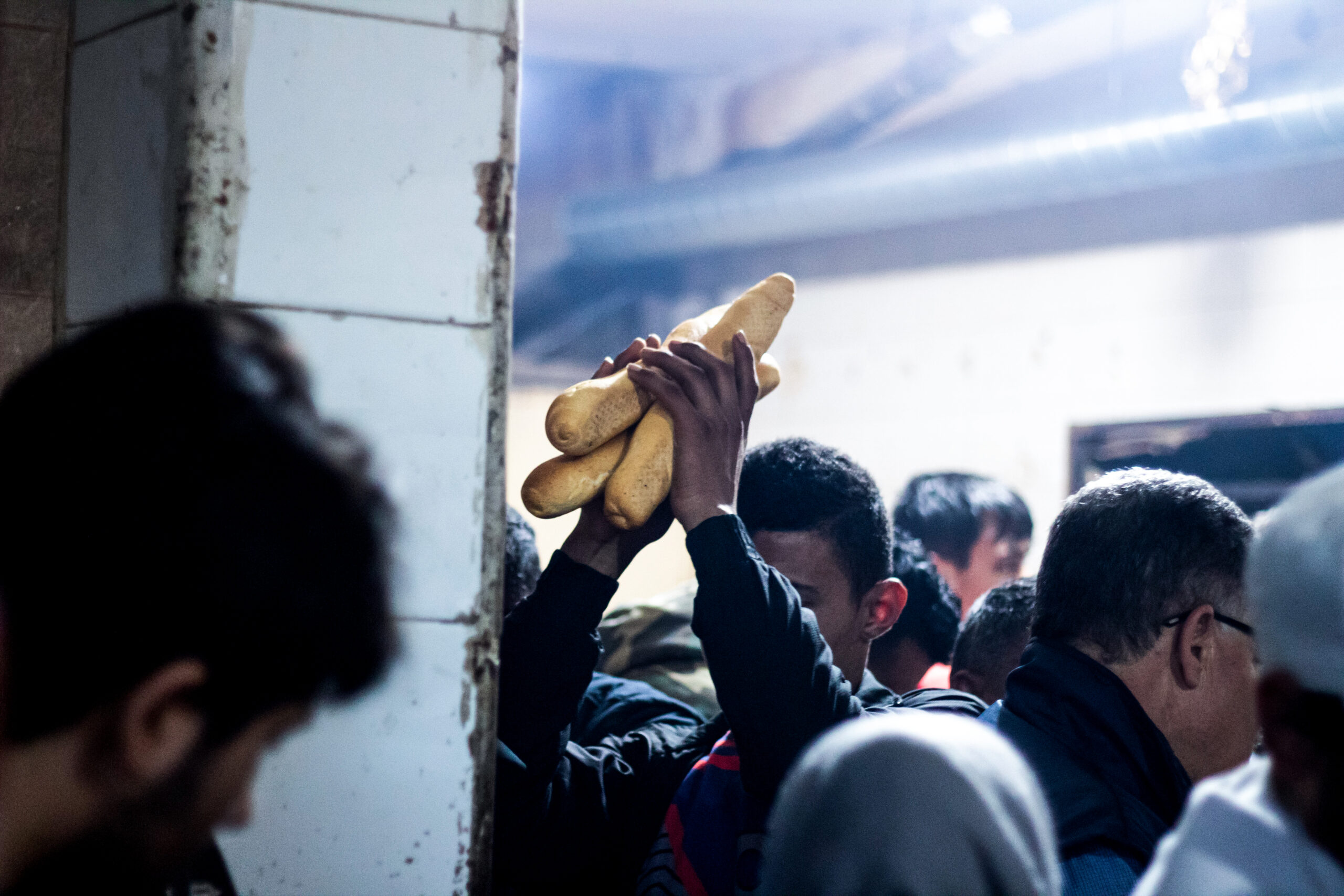Tunisians are regularly confronted with shortages of basic commodities, and this time they’re faced with a new shortage of subsidized bread, an indispensable staple in the daily lives of this North African people.
Endless queues and empty bakery stalls – this situation has persisted for weeks, to the great displeasure of a large fringe of Tunisians, arousing exasperation, and anger.
At the root of this complex, multi-factorial shortage are low cereal production against a backdrop of severe drought, and malfunctions in flour supply circuits, as pointed out by connoisseurs of the Tunisian economy.
As a result, the disruption in durum wheat supplies has led to a shortage of semolina, putting pressure on the availability of flour and, consequently, bread.
In a note on this shortage, the Association tunisienne de lutte contre l’économie de rente (ALERT) deplores the low production of cereals, which is struggling to cover consumption needs, in addition to the hegemony of certain flour mills belonging to the employers’ organization on the supply market.
The association notes that there is also a malfunction in the distribution of subsidized flour, with certain bakeries taking the lion’s share.
According to ALERT, these structural factors have been exacerbated by other short-term factors which have accelerated the decline of the bread industry in Tunisia.
Among these factors, the association cites disruptions of durum wheat imports, which fell by 30% in the first five months of 2023 compared with the same period in 2022, due to a lack of liquidity and the inability of the cereals board to finance market needs.
Added to this is the difficult climatic situation in Tunisia, marked by severe drought, which has had a heavy impact on durum wheat production, which stands at one million quintals, or just 19% of market requirements.
This situation has provoked reactions at the highest levels of the Tunisian State, led by President Saied, who has called for a strengthening of the role of the authorities in charge of control, and for the fight against attempts to increase prices, which are intended to fuel social tensions.
“Bread is a red line for Tunisians”, insisted the Tunisian head of state, considering that the sale of bread at different prices to the rich and the poor constitutes “a roundabout way of lifting subsidies.”



